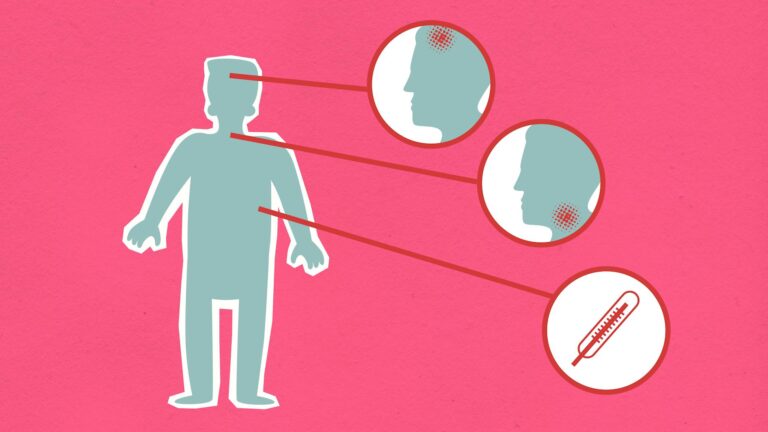Post-traumatic stress disorder, or PTSD, is a mental health condition that affects millions of people around the world. It is typically triggered by experiencing or witnessing a traumatic event, such as combat, natural disasters, physical or sexual assault, or a serious accident. While PTSD is commonly associated with symptoms such as flashbacks, nightmares, and heightened anxiety, there is another aspect of this disorder that is often overlooked – its impact on working memory.
Working memory is a cognitive system that allows us to temporarily store and manipulate information in order to complete daily tasks. It plays a crucial role in our ability to pay attention, learn new things, and make decisions. Think of it as a mental notepad where we jot down information and keep it readily available for use.
In individuals with PTSD, the traumatic event creates a significant disruption in the brain’s ability to process information and store it in working memory. This can lead to difficulties in concentration, problem-solving, and decision-making, which can have a profound impact on daily life.
One study found that individuals with PTSD have a smaller hippocampus, the part of the brain responsible for memory formation and storage. This reduced size is thought to be caused by the constant stress and increase in cortisol levels that come with PTSD. As a result, the brain’s ability to transfer information from short-term memory to long-term memory is impaired, making it difficult for these individuals to recall details of their traumatic experience accurately.
Additionally, the amygdala, the part of the brain responsible for processing emotions, is often overactive in individuals with PTSD. This can lead to a heightened state of arousal and constant scanning for potential threats, making it challenging to focus on day-to-day tasks.
Another factor that affects working memory in individuals with PTSD is the presence of intrusive thoughts and memories. These can be triggered by anything that reminds them of their traumatic experience, making it challenging to concentrate on tasks at hand. As a result, they may have difficulty completing work-related tasks, which can lead to feelings of frustration and failure.
The impact of PTSD on working memory can also have significant consequences on an individual’s ability to maintain employment. Individuals with PTSD may struggle to hold down a job or perform well in their current position due to difficulties in concentration and problem-solving. This can lead to job loss, financial strain, and a sense of defeat, further exacerbating their symptoms of PTSD.
Fortunately, there are treatments available that can help individuals with PTSD manage their symptoms and improve their working memory. Cognitive-behavioral therapy (CBT) has been found to be effective in reducing symptoms of PTSD and addressing working memory deficits. CBT works by helping individuals identify and challenge negative thoughts and behaviors and develop coping strategies to manage them.
In addition to therapy, there are also lifestyle changes that can help improve working memory in individuals with PTSD. Regular exercise has been found to be effective in reducing symptoms of PTSD and improving overall brain function. Eating a healthy diet and getting enough sleep can also support brain health and improve cognitive function.
It is crucial to recognize the impact that PTSD can have on working memory and address it through proper treatment and lifestyle changes. By addressing this aspect of the disorder, individuals with PTSD can improve their overall quality of life and better manage their symptoms. It is also essential for employers to understand and accommodate the needs of individuals with PTSD in the workplace, as this can greatly impact their ability to maintain employment.
In conclusion, PTSD not only affects an individual’s mental well-being but also has a significant impact on their working memory. The constant state of hypervigilance, intrusive thoughts, and memories can make daily tasks challenging and lead to difficulties in maintaining employment. However, with proper treatment and support, individuals with PTSD can learn to manage their symptoms and improve their working memory, ultimately leading to a better quality of life.





